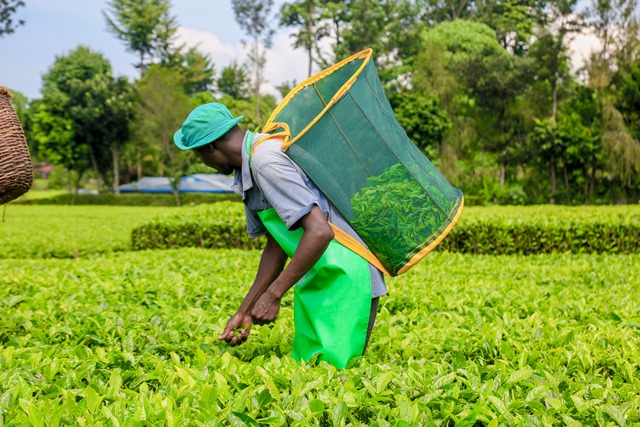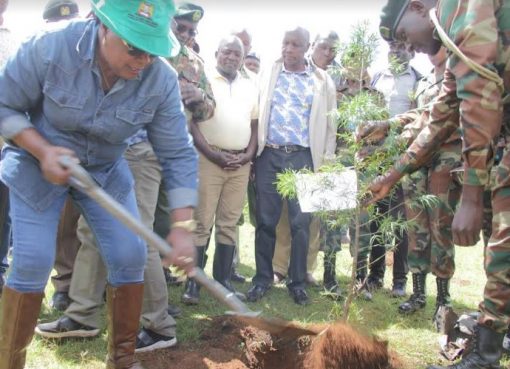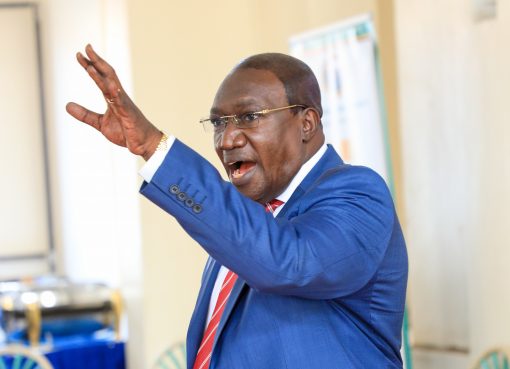Chairperson of the East African Tea Trade Association (EATTA) Arthur Sewe has urged tea factories in Eastern and Southern African countries to adopt green and renewable energy as a solution to managing climate change.
Sewe said that climate change is a big threat to the tea sub sector and required urgent shifts if the industry is to survive in the coming years.
The chairperson was speaking during the closing of the Reclaim Sustainability Tea Project, Malawi Regional Multi Stakeholder platform which was convened by Tea Trade Association (EATTA) at the Sunbird Mount Soche hotel.
“There is an urgent need to embrace small hydro power stations, wind and solar energy to bring down energy costs,” he said.
The official noted that climate change effects on the tea industry can be seen by the reduced yield per fixed acreage as a result of poor precipitation and erratic distribution of rain.
He added that afforestation is also very welcome as will provide a source of wood fuel that is an important ingredient in tea processing and also contributes to resiliency in combating the effects of environmental degradation.
The Chairperson observed that the tea industry plays a significant role in shaping and sustaining the growing economies of the countries in east and southern Africa.
Programs Director for Reclaim Sustainability on tea at Trust Africa Dr. Bethule Nyamambi, urged stakeholders in the tea value chain to set the agenda in ensuring that tea contributes to the continent’s development.
Dr. Nyamambi told policy makers to ensure that forces that disrupt tea production in the continent such as climate change, trade restrictions and Covid-19 are dealt with to enable farmers to reap maximum benefit from the industry.
She urged farmers to adhere to climate adaptation measures adding that climate change is real and stand to destroy their tea if they fail to listen to climate change experts.
Head of program Solidaridad Southern Africa Mr. Humphrey Nxumalo, called for trade and collaboration in Africa through different regional organizations.
Mr. Nxumalo urged stakeholders to resort to innovation as a means of creating new opportunities such as specialty tea.
He called for harmonized programs on sustainability standards to ease implementation in the tea sub sector.
The officials called for a comprehensive policy framework that clearly delineates the role of government and that of the private sector to bring together an integrated policy range of directives and procedures in the tea sub sector.
They noted that such a policy framework will encourage a coherent approach to development and investment in the tea sub sector.
The initial outcomes of the countries Multi stakeholder platform policy engagements held earlier in Uganda, Kenya, Mozambique and Malawi emphasized the need for coordinated efforts in addressing bottlenecks in market access, influencing creation of a conducive policy and regulatory environment and creation of a community of practice for cross learning and sharing of knowledge amongst actors within the value chain at regional level.
By Catherine Muindi




